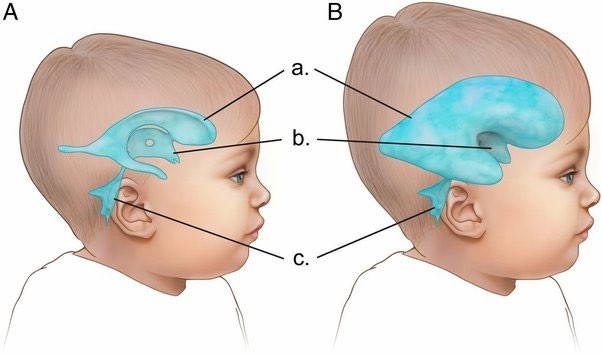A client who is having burn debridement states, "You are the worst nurse I have ever seen. All you do is hurt me." Which of the following responses should the nurse make?
"That's a hurtful thing to say."
"Why would you say such a thing?"
"Well, that's your opinion."
"Tell me more about that."
The Correct Answer is D
Choice A Reason: This choice is incorrect because it reflects the nurse's feelings rather than focusing on the client's needs. Saying "That's a hurtful thing to say" may make the client feel guilty or defensive, and it does not address the underlying cause of the client's anger or frustration.
Choice B Reason: This choice is incorrect because it sounds accusatory and confrontational rather than empathetic and supportive. Asking "Why would you say such a thing?" may make the client feel judged or criticized, and it does not explore the client's feelings or concerns.
Choice C Reason: This choice is incorrect because it dismisses the client's feelings rather than acknowledging them. Saying "Well, that's your opinion" may make the client feel ignored or invalidated, and it does not show respect or compassion for the client.
Choice D Reason: This choice is correct because it invites the client to express their feelings and concerns rather than shutting them down. Saying "Tell me more about that" may make the client feel heard and understood, and it may help to identify the source of their anger or frustration. The nurse can then use therapeutic communication skills such as active listening, reflecting, clarifying, or validating to establish rapport and trust with the client.
Nursing Test Bank
Naxlex Comprehensive Predictor Exams
Related Questions
Correct Answer is B
Explanation
Choice A Reason: This is incorrect because monitoring the client's electrolyte levels is not the highest priority, as it does not address the immediate risk of airway obstruction or aspiration.
Choice B Reason: This is correct because suctioning saliva from the client's mouth is the highest priority, as it prevents airway obstruction and aspiration, which can lead to respiratory distress and infection.
Choice C Reason: This is incorrect because recording the client's intake and output is not the highest priority, as it does not address the immediate risk of airway obstruction or aspiration.
Choice D Reason: This is incorrect because performing passive range of motion on each extremity is not the highest priority, as it does not address the immediate risk of airway obstruction or aspiration.

Correct Answer is D
Explanation
Choice A Reason: This is incorrect because dextrose 5% in 0.9% sodium chloride is a hypertonic solution that can cause fluid overload and pulmonary edema in a client who has burns.
Choice B Reason: This is incorrect because dextrose 5% in water is a hypotonic solution that can cause fluid shifts from the intravascular space to the interstitial space, resulting in hypovolemia and hypotension in a client who has burns.
Choice C Reason: This is incorrect because 0.9% sodium chloride is an isotonic solution that can cause hypernatremia and hyperchloremia in a client who has burns, as the fluid loss from burns is greater than the sodium loss.
Choice D Reason: This is correct because lactated Ringer's is an isotonic solution that contains electrolytes similar to plasma, such as sodium, potassium, calcium, and chloride. It also contains lactate, which is converted to bicarbonate in the liver and helps correct the metabolic acidosis that occurs in a client who has burns.
Whether you are a student looking to ace your exams or a practicing nurse seeking to enhance your expertise , our nursing education contents will empower you with the confidence and competence to make a difference in the lives of patients and become a respected leader in the healthcare field.
Visit Naxlex, invest in your future and unlock endless possibilities with our unparalleled nursing education contents today
Report Wrong Answer on the Current Question
Do you disagree with the answer? If yes, what is your expected answer? Explain.
Kindly be descriptive with the issue you are facing.
